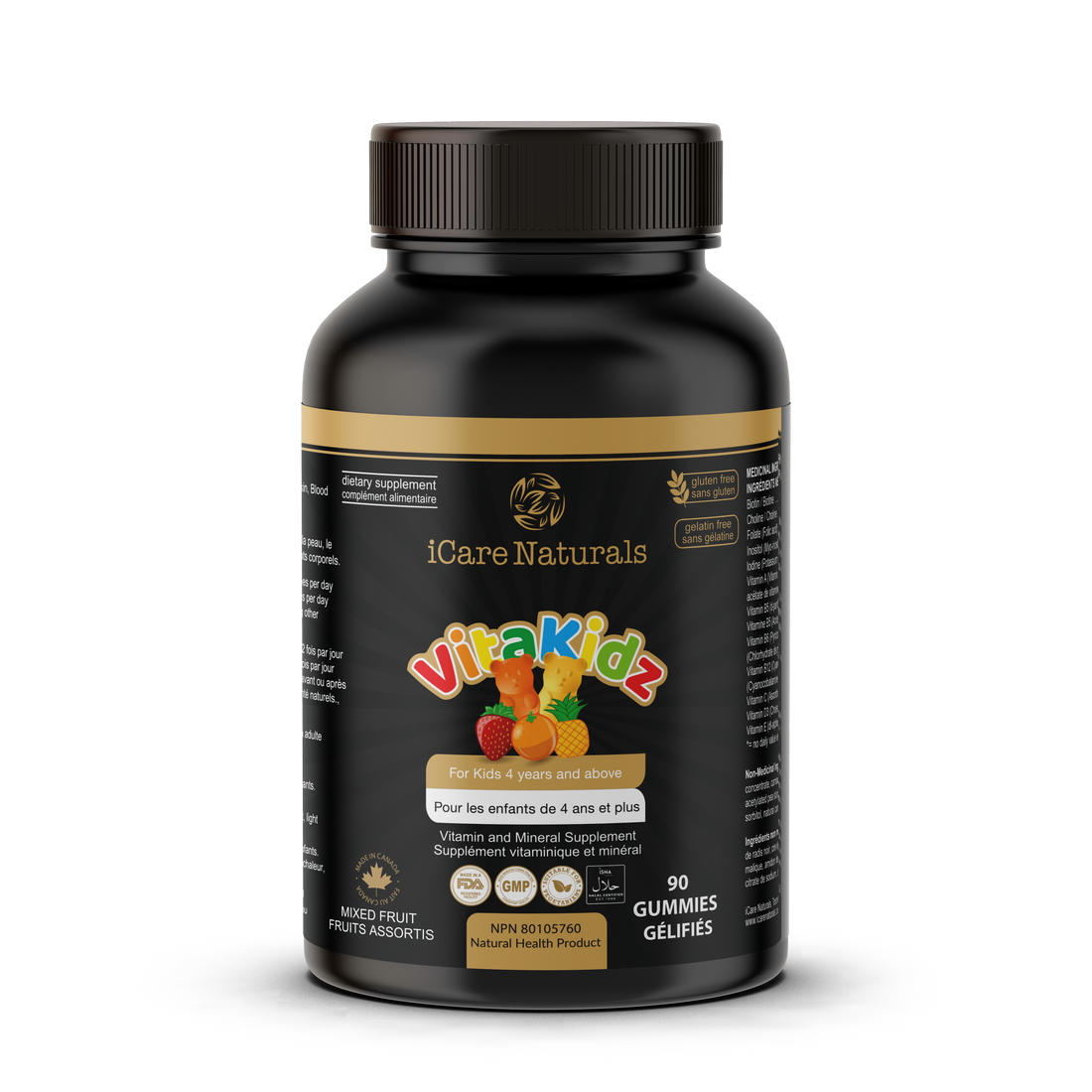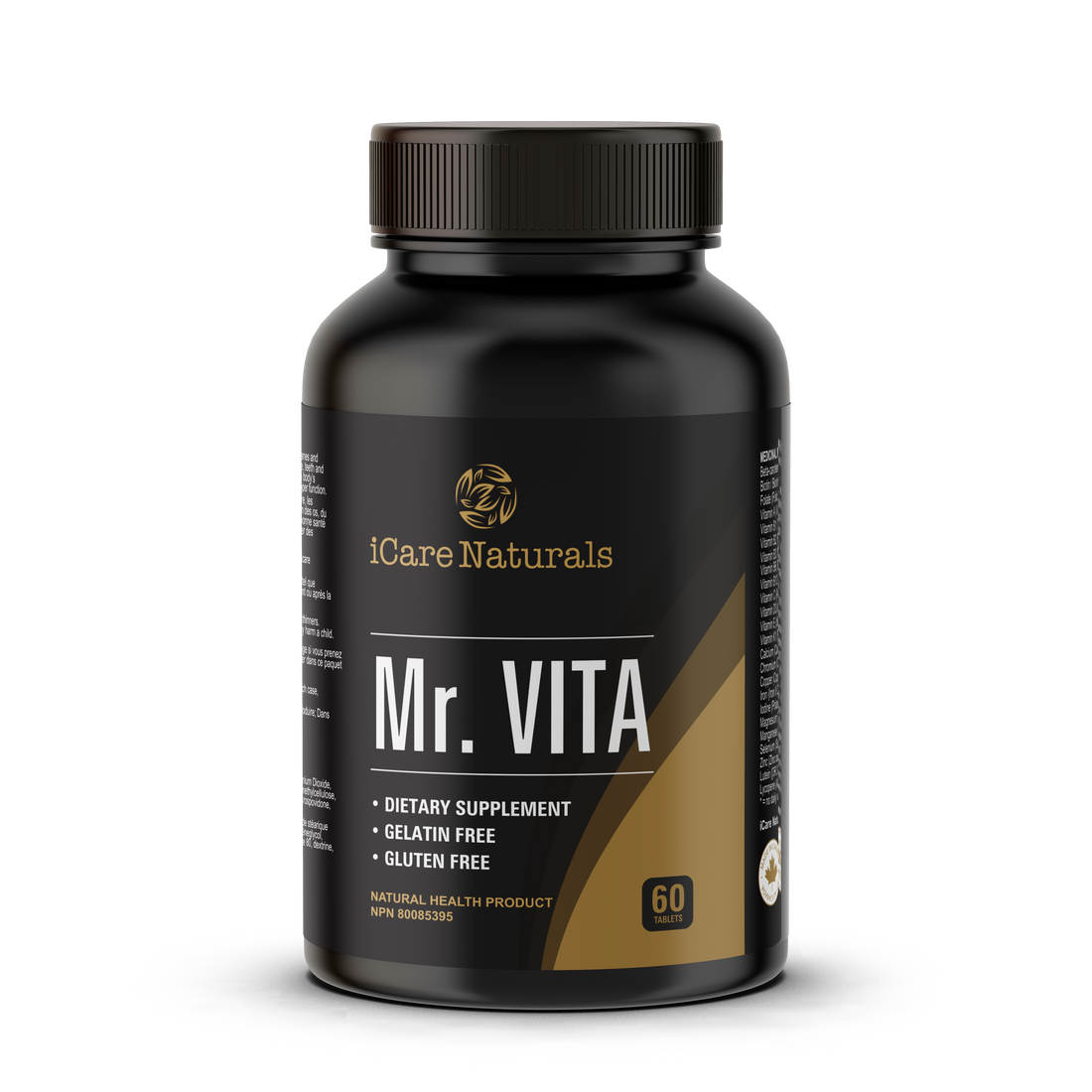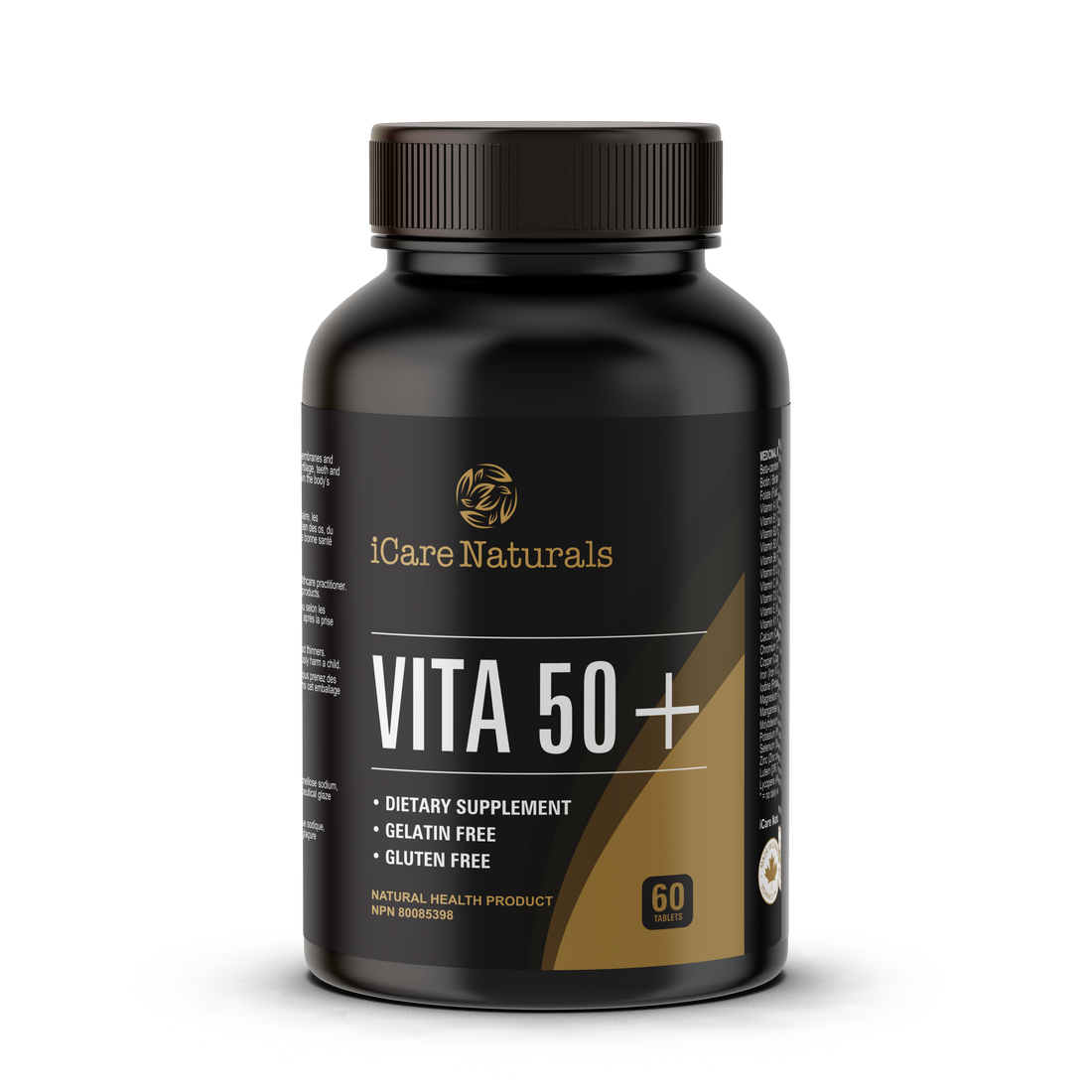The halal market is growing rapidly, and with that growth comes an increasing demand for halal-certified products. For Muslim consumers, identifying halal-certified products is a necessity in order to comply with Islamic dietary laws. This can only be done through a transparent and clear traceability plan. In this blog

post, we will discuss the importance of traceability in the halal market and how suppliers are adapting to meet this demand.
The halal market is expected to grow from USD 2.09 trillion in 2021 to USD 3.27 trillion by 2028. This growth is due to a number of factors, including the increasing Muslim population and the growing global awareness of halal products. In order to meet this demand, suppliers must have a clear and transparent traceability plan in place.
The authenticity of the Halal Certificate
As the market for Halal foods continues to grow, it is important that you get your product certified by an authority who knows what they are doing. With many cases of fake logos and markings on packages in recent years, there has been even greater emphasis put on authenticity; which can be determined through either checking with a religious symbol known as “the Sharie” or via five-digit registration numbers found near each item's barcode.
The Halal certification process has been a great way for businesses to ensure they are adhering to all standards set forth in Islamic law. Nowadays many people believe that there's no such thing as too much information, which means brand owners need this extra step when claiming their products come from a halal source because not only do you have themself but everyone involved along the supply chain will also be judged by it too!
Labelling Regulations
As of today, all foods in Canada that are marked with the term 'halal' must be certified by an organization that ensures they follow Muslim dietary
 requirements. The Canadian Food Inspection Agency (CFIA) has created new regulations to ensure integrity when selling these types of products so you can have peace of mind knowing what's inside your food!
requirements. The Canadian Food Inspection Agency (CFIA) has created new regulations to ensure integrity when selling these types of products so you can have peace of mind knowing what's inside your food!
The Halal regulations are very similar to the ones in place for Kosher products. In both cases, the government agencies that oversee these regulations don't need to get involved in sometimes touchy religious definitions of what constitutes "kosher" or 'halal'.
However, If you suspect that a company has labelled their product as "halal" without having it certified, you may file a complaint with CFIA to review the individual case.
Halal Labelling Standards
Here, are the main requirements for product labeling:
- Display the name of the certification agency or the person who certified the product.
- Check the reputation of the halal certification agency (there are many organizations across Canada).
- A HALAL logo can be displayed on the product. The product must also contain the word “HALAL” in full.
The following ingredients are also usually expected by consumers when shopping for a product.
- Enzymes
- Emulsifiers
- Flavours
- Additives
Unfortunately, many additives, dyes, stabilizers, vitamins and minerals, and gelatin often have low traceability in they're composition.
Conclusion
Labels are more than just a pretty face! They provide the information your customers need to make educated purchases.
Not only will transparency in labeling increase sales but also help maintain customer loyalty by displaying all ingredients on labels so they know exactly where their purchase comes from. Offering Halal-certified products allows Muslim consumers to be confident that the products they use are in alignment with their culture and beliefs.
At iCare Naturals we pride ourselves in being halal certified. Our customers can have the peace of mind in knowing that their purchase is permissible or acceptable in accordance with Islamic law. Explore our selection of health supplements and see why we are one of the best halal vitamin brands in Canada.










